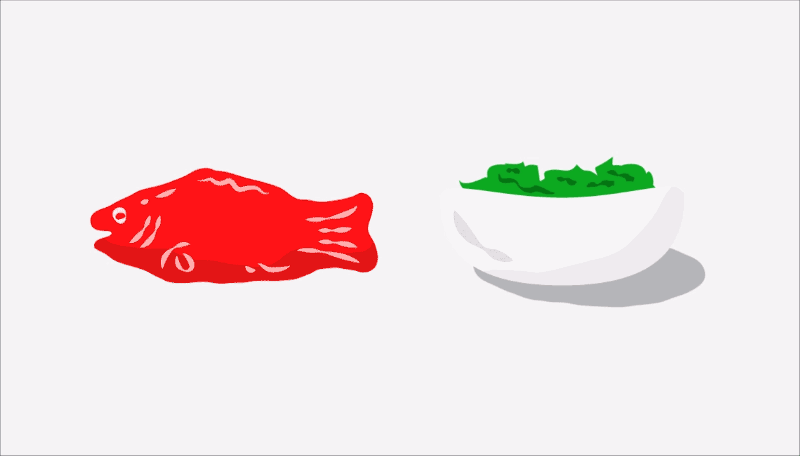 Every year, in November, three hundred of the most influential leaders in media, technology and advertising arrive in Ojai California for the annual WPP Stream “Unconference” for three days of discussion around the issues that face the world and media today. Stream is not your average industry conference. Content is off the record to encourage open dialogue. No pitching. No deals, no partnerships, no ad buys.
Every year, in November, three hundred of the most influential leaders in media, technology and advertising arrive in Ojai California for the annual WPP Stream “Unconference” for three days of discussion around the issues that face the world and media today. Stream is not your average industry conference. Content is off the record to encourage open dialogue. No pitching. No deals, no partnerships, no ad buys.
Last year the conference was held in the wake of Trump’s electoral victory after one of the most fiercely fought contests in American history. If the tone of last year’s conference was shock, in 2017, it was one of acceptance of a new set of challenges.
The last 12 months, have, if anything, brought into greater focus more of the large scale, thorny issues that face the world we’ve been racing to build. Just weeks before, tech giants Facebook, Google and Twitter stood before Congress to confront the role they played in election meddling. The media landscape is as divisive as ever. Trust in the news media continues to erode. The average person checks their smartphone over 150 times each day. We’re suffering from content overload, a veritable addiction to our devices, with tight, dopamine-driven feedback loops keeping us glued to our devices.
At Stream 2017, processing the events of the last year raised a new set of questions: how did we get in this mess? Who is responsible? And how do we fix it? It became clear that it’s incumbent on all of us, from publishers to platforms, advertisers and users, to work together collectively to find a solution.
It’s particularly en vogue to blame Silicon Valley and the algorithms developed by the likes of Google, Facebook and Twitter that figured out what captures our attention and keep us hooked, even at the expense of our sanity. But it’s more complicated than that.
Imagine you have a child. In front of this child you place two bowls: one filled with swedish fish, the other with coarsely chopped kale. You ask the child to choose. Inevitably, the child reaches for the candy. A treat every now and again is fine, in moderation. However the algorithms that determine what content is delivered to us when is optimized for clicks, not necessarily quality. So it nudges the bowl of swedish fish a touch closer and the bowl of kale a bit further. This continues until the child is gorging itself on candy with the vital, nutritious kale now hopelessly out of reach.
Though the platforms are clearly the villain in this analogy, the attendees at Stream took a broader view of who is responsible.
In today’s Attention Economy, from the publishers who create the content, platforms that distribute it and the brands that fund it, everyone’s competing for mindshare, and everyone shares responsibility for misappropriating people’s attention.
Publishers, largely relying on ad supported business models, compete for eyeballs to deliver their content and ads therein. Even those with the utmost journalistic integrity feel the downward pressure of profit motives to go lower and lower on the brainstem to get the click by any means necessary. If a publisher is selling top quality kale but people keep reaching for the candy, do they start peddling candy to stay afloat? Die a noble death selling kale to their very last day? Sweeten the kale?
And the advertisers that fund the publishers and platforms to reach their audiences are complicit as well. So long as media planners are buying on CPMs and CPCs, brands perpetuate this dynamic, rewarding quantity over quality, even if it encourages bad habits.
We’ve created a system that favors impulses over intentions — the immediate gratification of the sugar rush over what we know is healthiest in the long term.
Fixing this is not going to be easy, with no single owner or silver bullet solution. The attendees at Stream 2017, all participants in this system in one way or another, acknowledged a shared responsibility. Though complex, a few things seemed to be universally agreed upon: we need to inject humanity into the machine and not let profit motives turn people into pixels. Everyone is going to have to work together to raise the bar. We have a lot of work to do.
~AlexJ is co-curating The Reclaim Movement This article originally appeared on WPP’s Medium channel.
